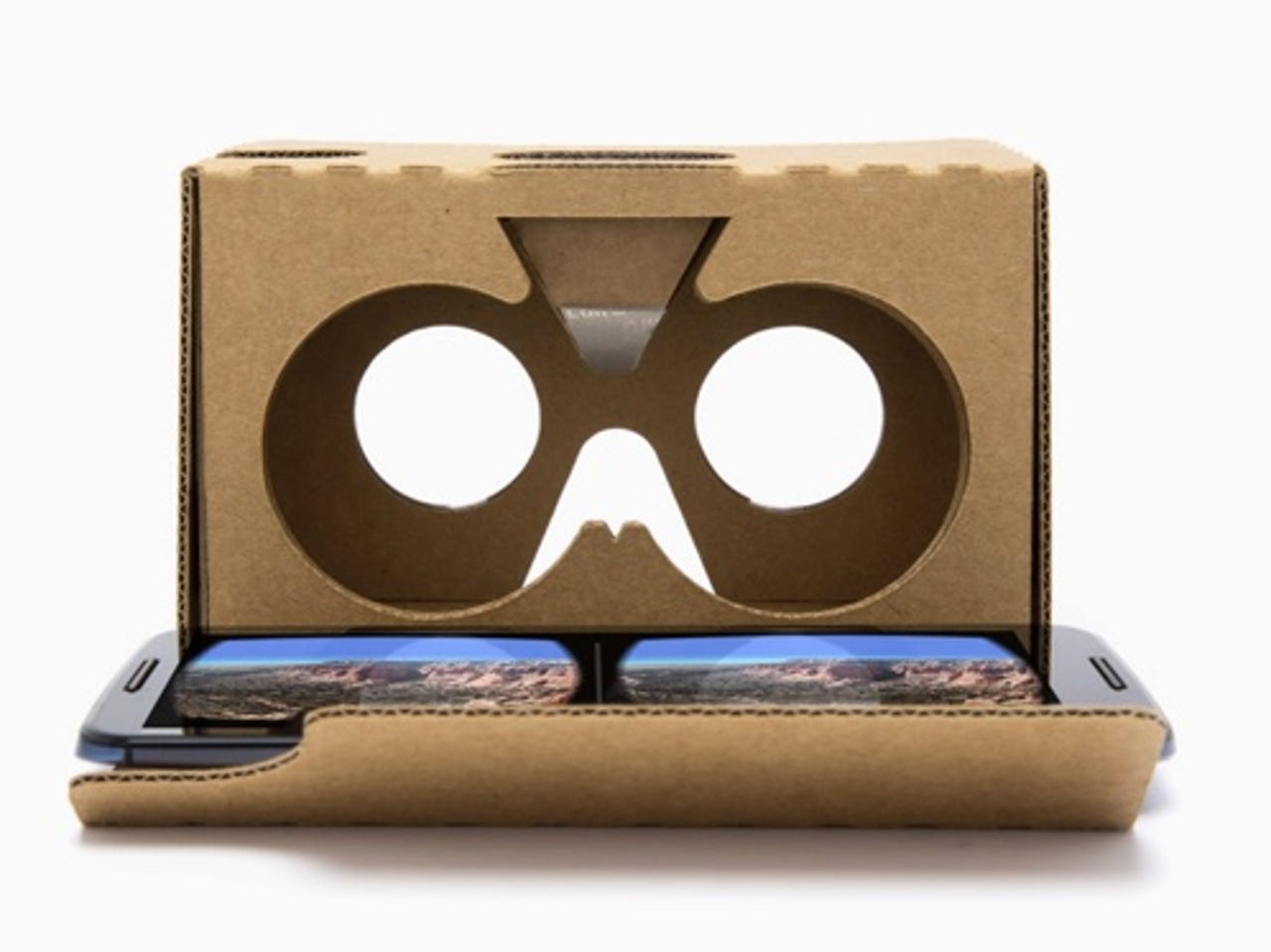Eyeballing Oculus Rift and HoloLens, now Google creates its own virtual reality arm

With Microsoft ploughing ahead with HoloLens and Facebook shipping its $600 Oculus Rift units by March, Google is looking to put more weight behind its own virtual-reality efforts.
Google CEO Sundar Pichai has appointed Clay Bavor vice president of virtual reality. Bavor, VP of product management for Gmail, Google Drive, and Google Apps, is credited as one of the creators of Cardboard, Google's cheap VR headset.
Although the creation of an entirely new arm at Google should be worthy of an announcement, Google only confirmed its existence after Re/Code reported that Bavor will head up virtual reality at the company. Bavor has also updated his Twitter profile to reflect the new title.
Bavor's move to virtual reality has cleared the way for its new star recruit, VMware cofounder Diane Greene, to take over Google's apps business. In November, she was appointed to lead Google for Work, Google Cloud Platform, and Google Apps.
Google has dabbled in virtual reality through Cardboard and struck a deal with GoPro to bring virtual reality to YouTube. But besides its now-sidelined Glass project, it hasn't made as serious a commitment to the technology as Facebook or Microsoft, seemingly willing to wait until it goes mainstream.
However, Google has invested in augmented reality firm Magic Leap, which may pay off in the longer term. Perhaps more interestingly, the company appears to be making headway on Project Tango, the sensor-laden prototype it unveiled two years ago, which can map out 3D spaces.
Just as Oculus Rift announced last week that it would ship pre-orders for its $599 headset by March, Lenovo and Google at CES flagged that a Project Tango phone in the works would cost under $500 and arrive sometime this year.
The pair are drumming up interest among developers for Project Tango through an app-incubator program that offers to fund the development of apps that will then be pre-installed on the phone.
It's not clear whether Bavor will take the lead on Project Tango but Bavor recently told MIT Technology Review that he thinks smartphones alone have the potential to make devices such as Samsung's Gear VR headset redundant. Project Tango could help here.
"We prefer to tune the software and components of the smartphone to work well, as opposed to adding complexity and things you need to charge," he told the publication.
